The United Kingdom has labeled Russia as an "immediate and pressing" threat in a major strategic defense review set to be published Monday, the Guardian reported on May 31
The 130-page review, prepared by a panel of senior advisers including former NATO Secretary-General George Robertson, will reportedly highlight the "immediate and pressing" danger posed by Russia, drawing on lessons from its full-scale invasion of Ukraine.
The analysis comes at a time of heightened concern across Europe over the potential for expanded conflict, as Russia continues its military buildup in Ukraine's northeastern Sumy Oblast and maintains strongholds across occupied Ukrainian territory.
British and French forces have already committed to leading a multinational "reassurance force" of up to 30,000 troops in Ukraine, should a ceasefire be reached, a prospect made uncertain by the Kremlin's continued aggression and maximalist demands.
Ukraine and Russia are expected to meet on June 2 in Istanbul after the first round of peace talks on May 16. During the first round of talks in Turkey the two sides failed to reach agreement on a 30-day ceasefire.
Ukraine had offered an immediate halt to hostilities, an all-for-all prisoner swap, and a meeting between Presidents Volodymyr Zelensky and Vladimir Putin. Russia refused, instead sending a low-level delegation.
The only decision reached during the talks was an agreement on a 1,000-for-1,000 prisoner exchange.
Alongside Russia, the review identifies China as a "sophisticated and persistent challenge," noting Beijing's growing ties with Moscow and its role in supplying critical components for Russian weapons systems.
Recently, Zelensky reportedly said that China stopped shipping drones to Ukraine and its European partners, while continues supplying them to Russia.
Ukrainian Foreign Intelligence Chief Oleh Ivashchenko alleged that Beijing provided special chemicals, gunpowder, and other defense-related materials to at least 20 Russian military-industrial facilities.
The British review is also expected to address the shrinking size of the British Army, which has dropped below 71,000 active-duty troops — its lowest strength since the Napoleonic era, the Guardian reported.
Peter Ricketts, a former national security adviser, said that while drones, cyber capabilities and artificial intelligence are crucial, "another lesson of Ukraine is that mass counts, in terms of manpower and equipment."
The report also reportedly references broader global threats posed by a "deadly quartet": Russia, China, Iran, and North Korea, who are increasingly collaborating across multiple domains. Iran has supplied drones to Russia, while North Korea have also deployed troops to aid Moscow.
Russia ‘testing’ Europe’s capacity to help Ukraine by intensifying air attacks
As Russia ramps up its missile and drone strikes countrywide, all eyes are on Europe’s capacity to continue supporting Ukraine, with the future of U.S. military aid growing ever more uncertain. Ukraine should have enough air defense missiles despite the persisting shortage to avoid the worst of the

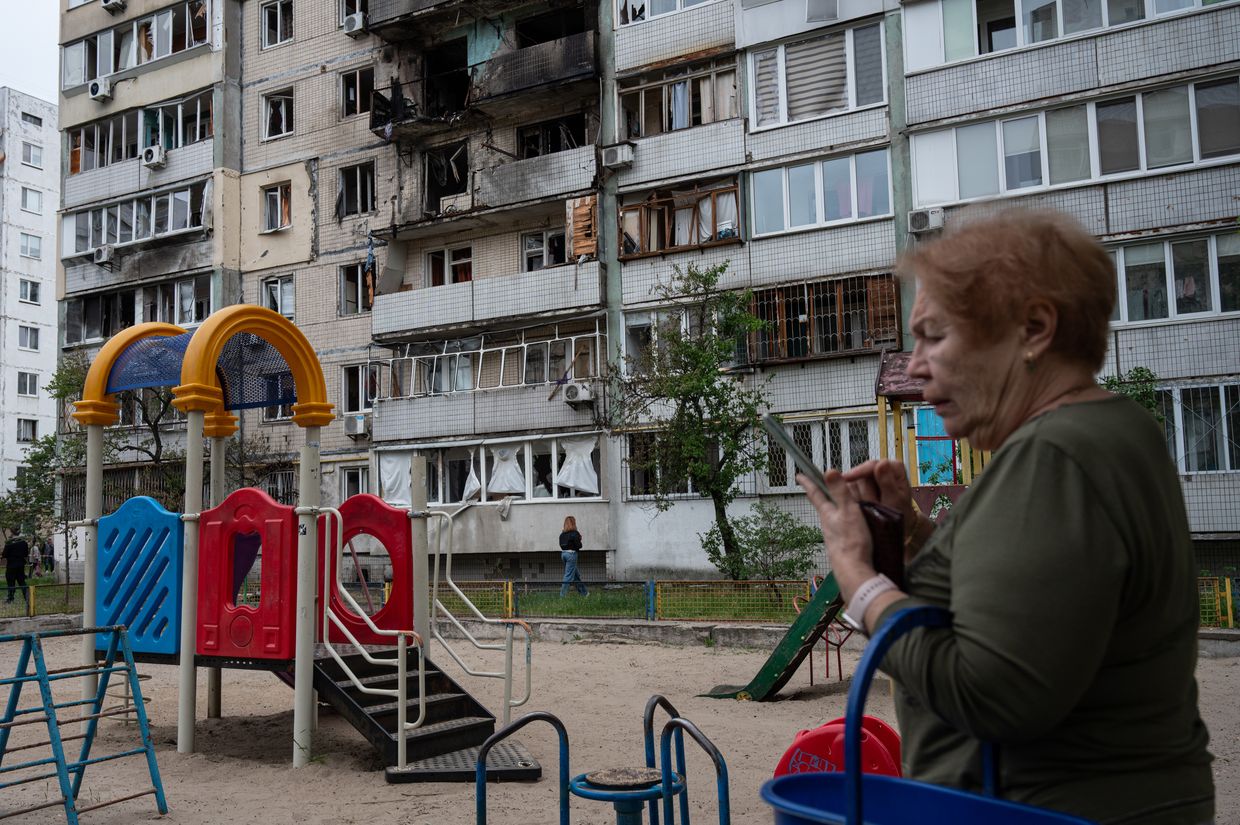
.png)
 German (DE)
German (DE)  English (US)
English (US)  Spanish (ES)
Spanish (ES)  French (FR)
French (FR)  Hindi (IN)
Hindi (IN)  Italian (IT)
Italian (IT)  Russian (RU)
Russian (RU)  1 day ago
3
1 day ago
3
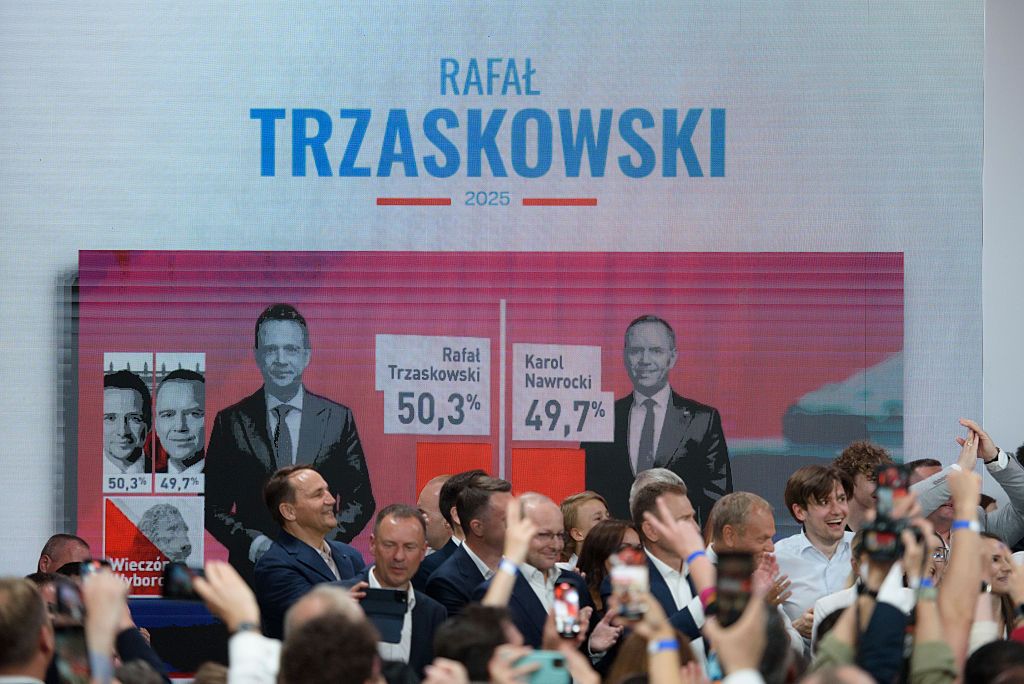
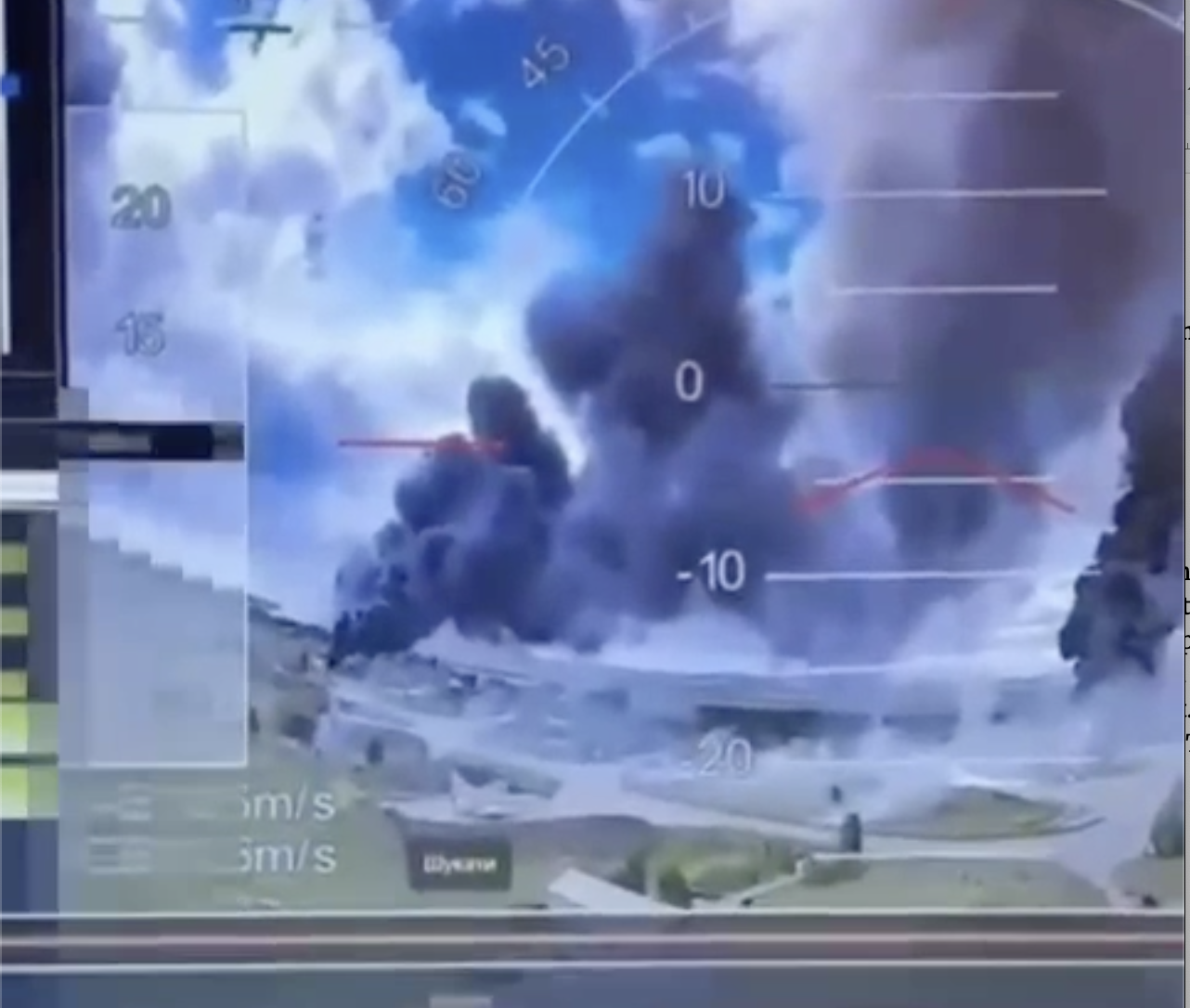
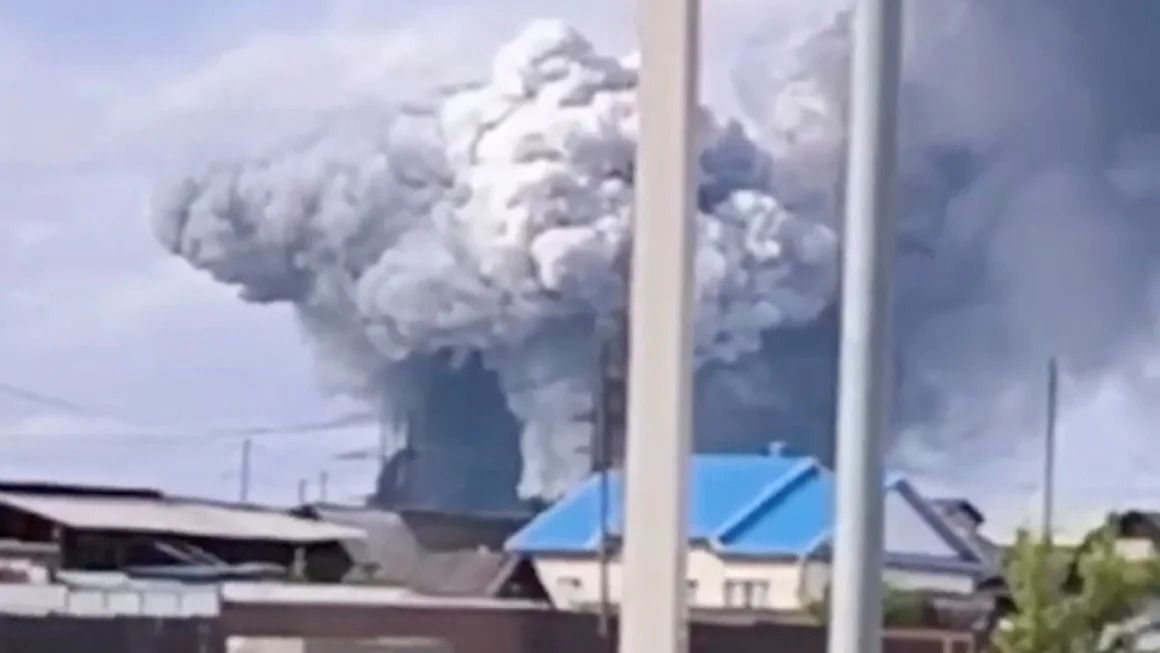
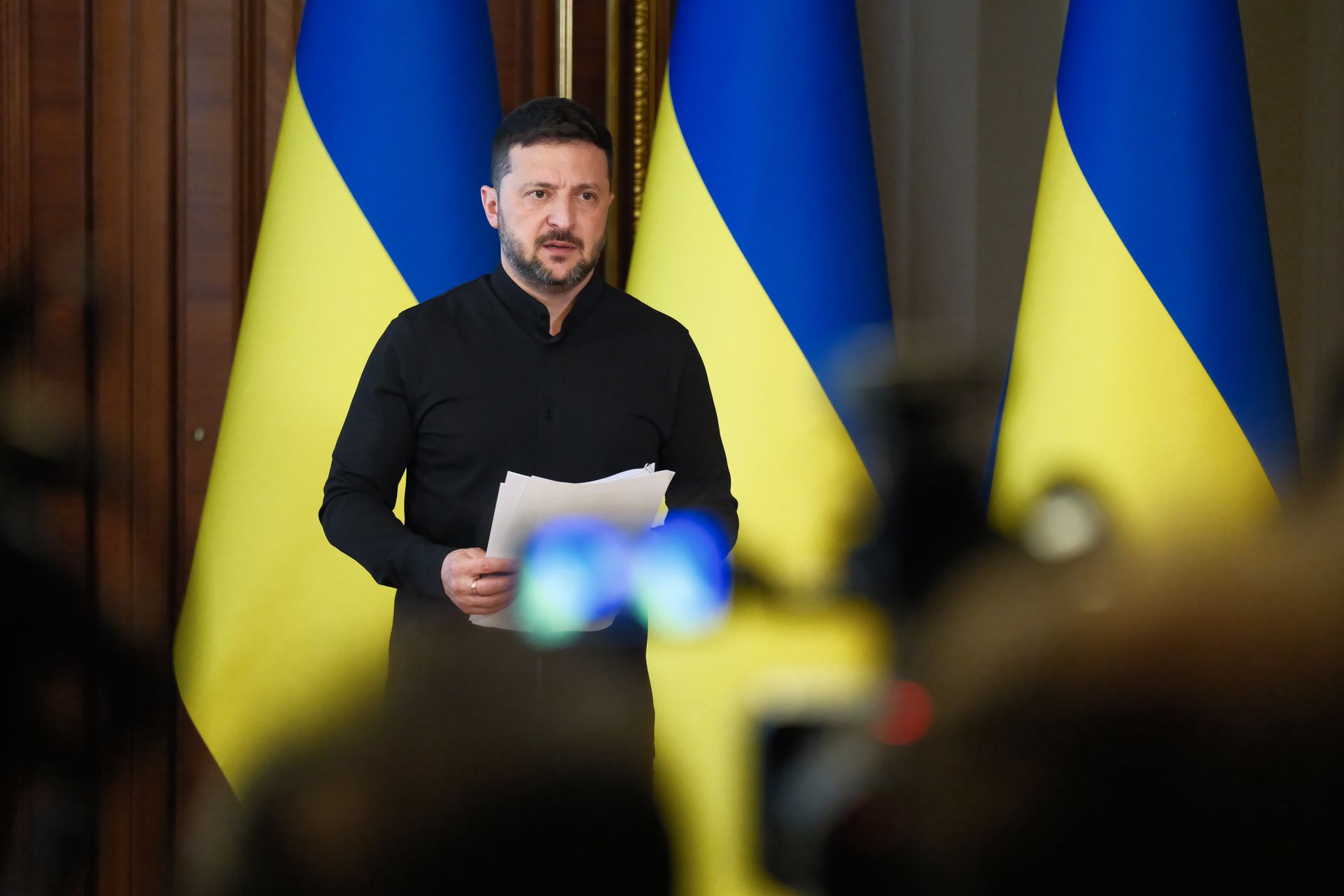
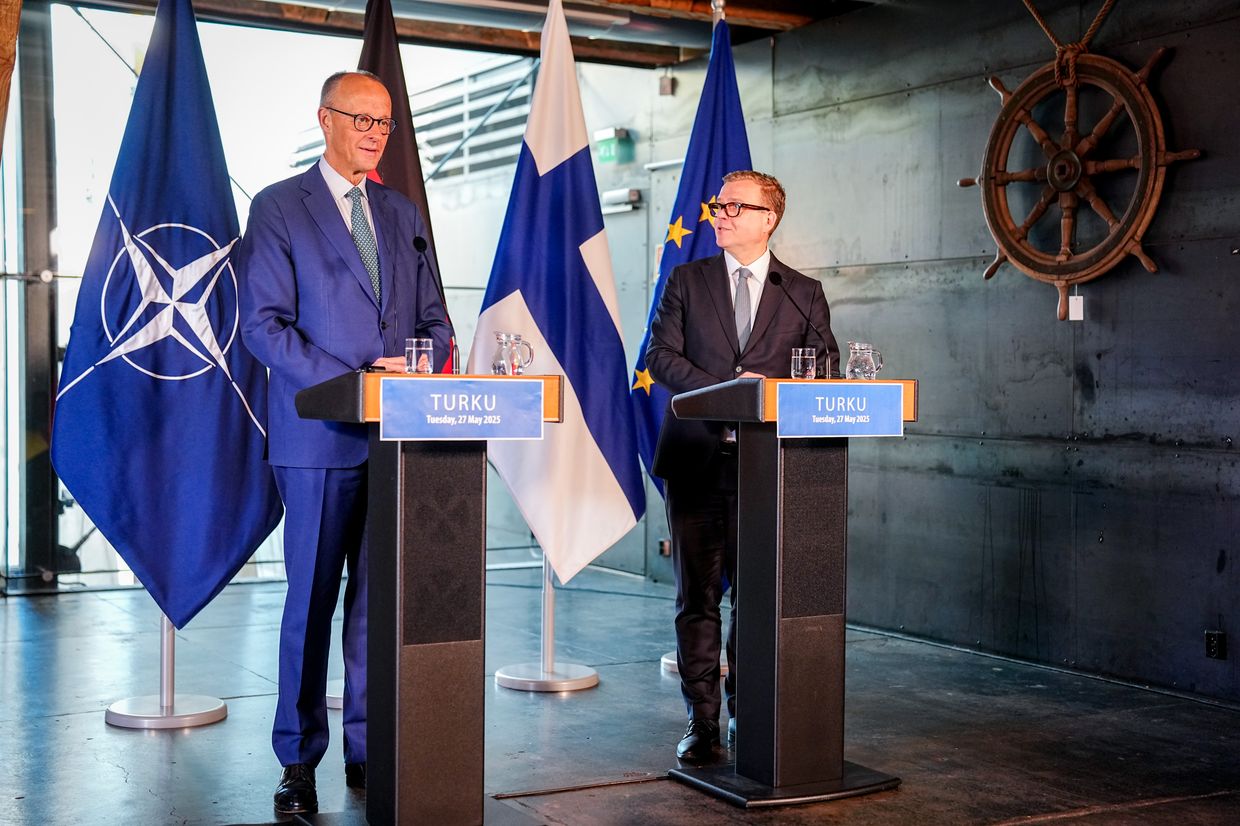

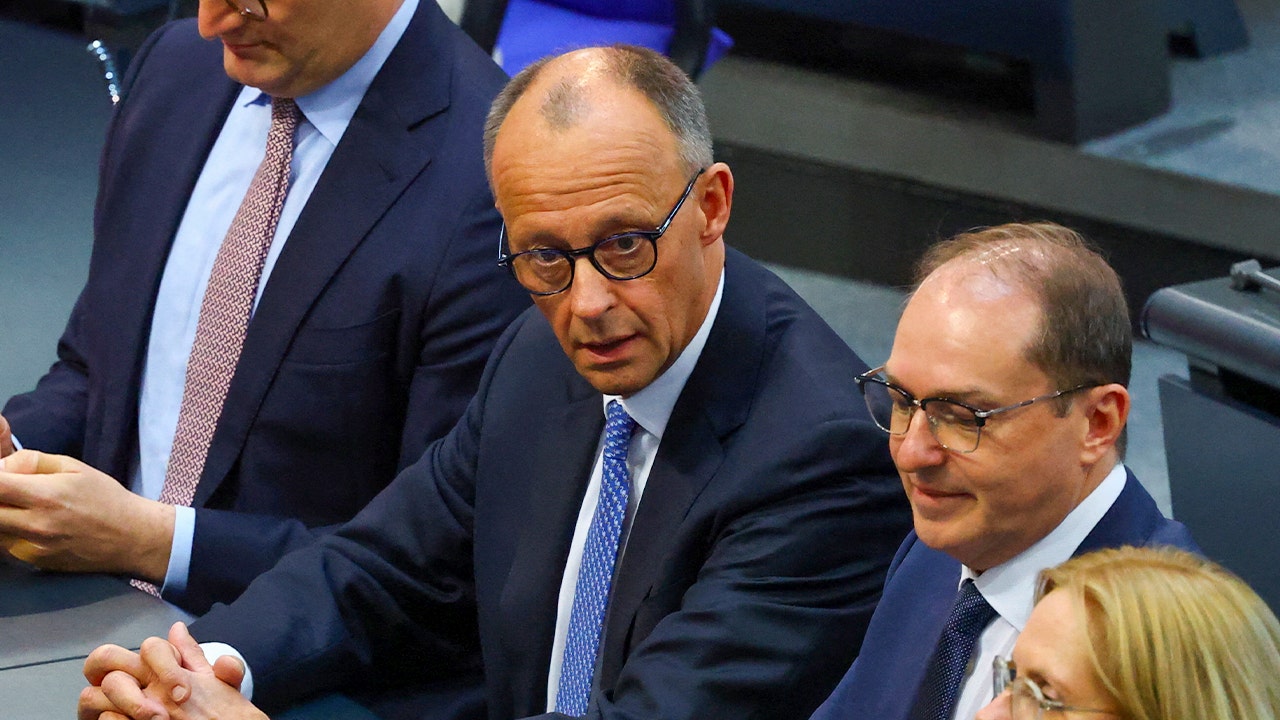
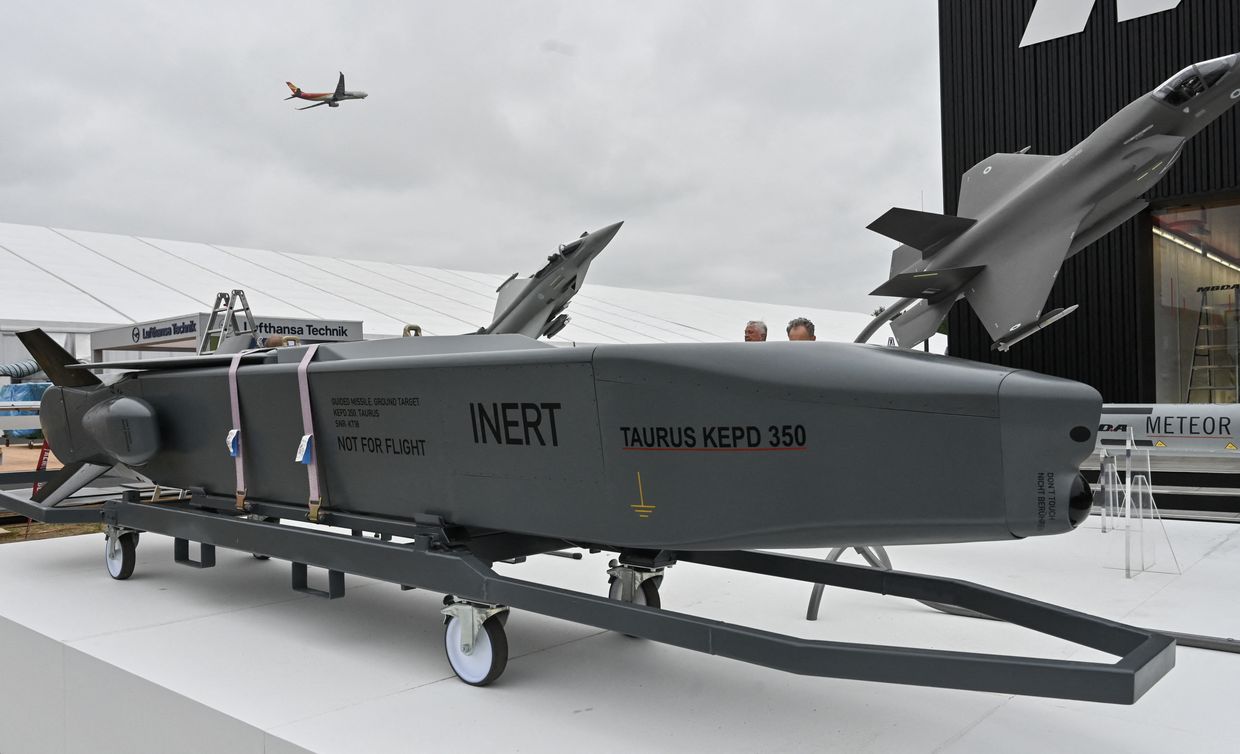
Comments